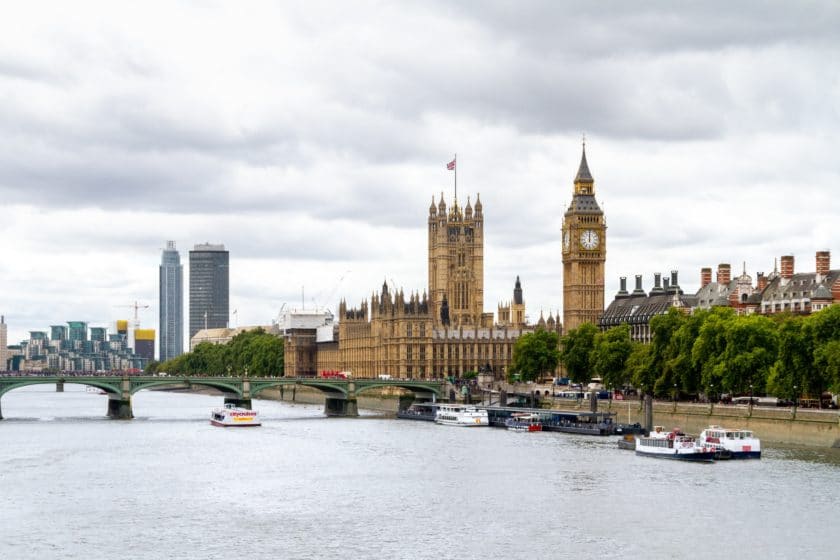The sustainability of the Triple lock must be questioned as it impacts working incomes and younger generations’ ability to save for their own retirement, writes Caitlin Southall, pension technical manager, Curtis Banks.
The noise of the debates on the pensions triple lock rumbles on, and with good reason. Rishi Sunak has repeatedly stood behind the controversial triple lock policy, although hasn’t quite gone far enough as to confirm that the Conservatives will retain the policy after the next election. Economically, the policy is challenging to sustain, with the triple lock adding an estimated £11bn to the state pension budget.
The state pension increases by the higher of the previous September’s inflation (as measured by the CPI), the increase in average UK wages, or 2.5%. The purpose of the triple lock is to protect those benefitting from the state pension from being overtaken by any uplift in inflation. This race was won by the rise in average UK wages, meaning that we could see an 8.5% increase in the state pension come April. However, whilst there was an increase in average wages, the figures provided by the ONS that are used to drive the triple lock calculations are questionable. The statistics include an average 6.6% pay increase for public service workers, so the reality is that the private sector may not have seen an 8.5% increase in salary.
The factis that the triple lock isn’t a particularly fair policy. It disproportionally affects the younger generation, who in real terms are very unlikely to benefit from such a generous annual increase to offset inflation and therefore the cost of living. The annual cost of sustaining the triple lock is billions of pounds a year, with the latest annual increase estimated to cost an additional £11bn, which looks like it will increase further next year by around £2bn. This increase may be met by tax increases, or by spreading an already stretched Government budget thinner in terms of public services or support. This cost isn’t met by those who benefit from it, but by the next generations who pay for it with an increased tax burden, which some suggest has reached an all-time high.
The policy also compounds an issue which is looming large for pensions. The cost of living challenges, along with additional financial challenges such as the cost of housing has highlighted the lack of pension engagement for younger generations. It’s estimated that half of adults aged between 18 and 34 have reduced saving towards their retirement, with some stopping all contributions including opting out of their workplace pension.
For those younger generations who are currently not accessing the state pension, they face tax increases in order to continue to fund it. Fundamentally, the triple lock just isn’t sustainable, and places additional tax burdens on the working population, some of whom will not have benefited from the average wage increases enjoyed by pensioners. These increases in taxes are likely to have an impact on workers’ monthly bottom lines, perhaps preventing them from saving for their own retirement. It’s fast becoming a vicious circle.
One solution may be that the state pension is means tested, on a tiered system to benefit those who are in need of more financial support. Over 44% of pensioners cite the state pension as their primary source of income. Those who are deemed not to rely on the state pension due to other, private pension wealth, may benefit from a basic state pension, whilst those with no other wealth would receive an enhanced amount. One benefit of means testing will be to make the policy more financially sustainable for future generations. Noting that most benefits are means tested, some could argue that the pension should be treated in a similar way.
What is clear is that the Government needs to make a number of decisions.
Ultimately, sustaining the triple lock is going to be challenging. It will also compound an ongoing issue in terms of the younger, working generations needing to support a policy that they may not benefit from. It simply isn’t sustainable to expect to rely on the triple lock when saving for retirement, particularly with no intimation from either the Conservatives or Labour that the policy will even be in force next year, or when the next general election comes around in 2025. For those not of pensionable age, they should continue to endeavor to build their private pensions to supplement their state pension, although due to the economy, that sadly isn’t currently possible for some.
































